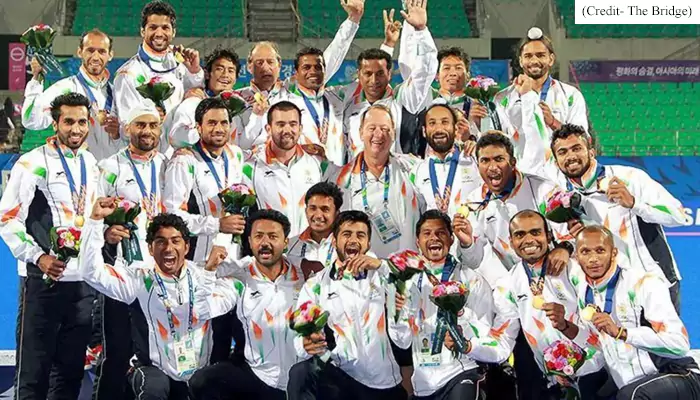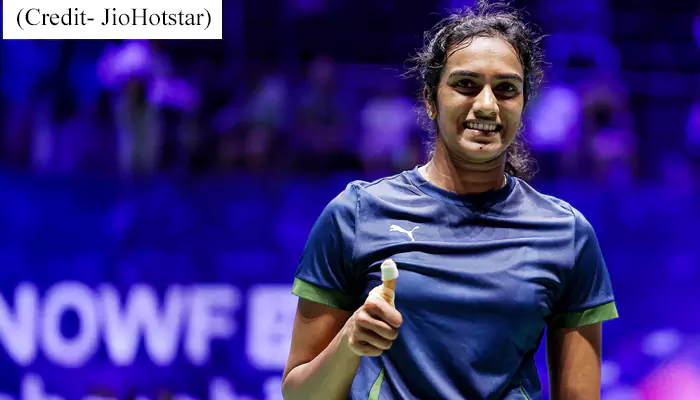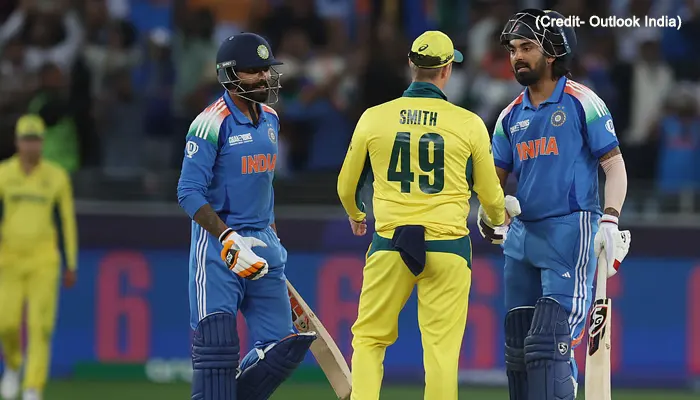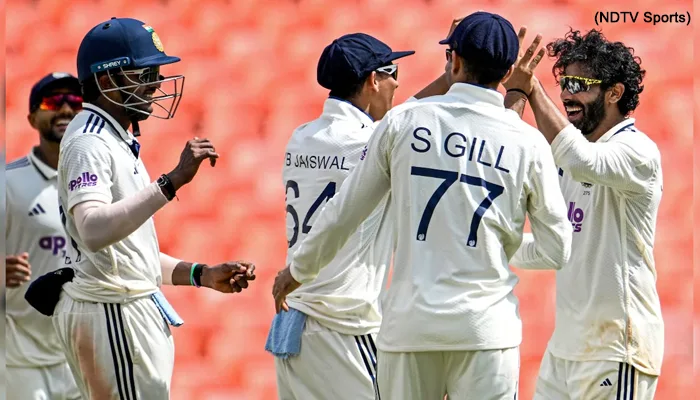IPL Glossary: Decoding the Secrets Behind the ‘IPL Code of Conduct’ That Keeps Cricket in Check!
- Sayan Guha
- 10 months ago
- 3 minutes read

From fines to demerit points and over-rate drama—here’s your cheat sheet to the do’s and don’ts of the IPL’s disciplinary corner
Cricket is often referred to as a gentleman’s game, but things can devolve rapidly in a high-octane tournament like the IPL. That’s where the IPL Code of Conduct comes into play. Designed to manage the chaos, this code clearly outlines what players and officials must avoid—both on and off the field.
IPL 2025 has been thoroughly refined and aligned with the ICC’s rulebook, ensuring that India’s premier T20 league meets global standards. It emphasises protecting the spirit of the game rather than merely administering punishment.

On the naughty list: What can get you in trouble
Players often cross the line in various ways, and the Code is vigilant. Common infractions include abusing equipment, like smashing a bat in frustration or breaking stumps after a poor decision, which raises immediate concerns. Additionally, a slow over-rate, with teams taking too much time during innings, invites penalties.
Even seemingly harmless actions, such as unsporting gestures or comments, can lead to disciplinary action. The Code addresses various behaviours, from casual mischief to serious misconduct.

Time’s ticking: The over-rate rule
Clause 12.6 of the IPL Playing Conditions isn’t just a boring paragraph—it’s a ticking clock. Teams need to bowl 14.11 overs per hour, meaning the 20th over should be wrapped up within 90 minutes of the innings start. If a team fails to stay within this time limit, serious consequences follow. The captain faces a fine of INR 12 lakh for the first offence.
A second infringement results in a penalty of INR 24 lakh for the captain and fines for the players. In earlier times, a third offence could lead to suspension, but IPL 2025 has scrapped that rule—perhaps wisely. Teams should also be aware that attempting to sidestep the punishment by swapping captains mid-game is futile, as the BCCI is adept at sniffing out such tactics unless properly declared.

Real offences, real penalties
Let’s get into some real-life cases from IPL 2025 so far. In Match 9, Hardik Pandya from Mumbai Indians faced a fine of INR 12 lakh for a slow over-rate. Similarly, in Match 11, Riyan Parag of Rajasthan Royals incurred a penalty of INR 12 lakh for serving as the stand-in skipper.
Match 16 saw Rishabh Pant from Lucknow Super Giants fined INR 12 lakh, while Rajat Patidar from Royal Challengers Bangaluru was also penalised with INR 12 lakh in Match 21. It’s clear that no one is spared—not even the big names.

Demerit points: Not just a slap on the wrist
The IPL 2025 introduced a demerit points system akin to school repercussions but applicable to cricket. Players earn demerit points that remain on their record for 36 months, and accumulating enough can lead to increased penalties or even suspension.

For example, Digvesh Singh Rathi from LSG received 3 demerit points across two games due to an overly aggressive celebration, while Ishant Sharma from Gujrat Titans and Glenn Maxwell from Punjab Kings were each assigned 1 point for Level 1 breaches and for crossing the line, respectively. Though this system operates quietly, it can accumulate significance over time, urging players to maintain awareness of both their scoreboard and their records.
The IPL isn’t just about big sixes and thrilling finishes. There’s a whole code working behind the scenes to ensure the competition remains fair, respectful, and enjoyable for fans of all ages.











